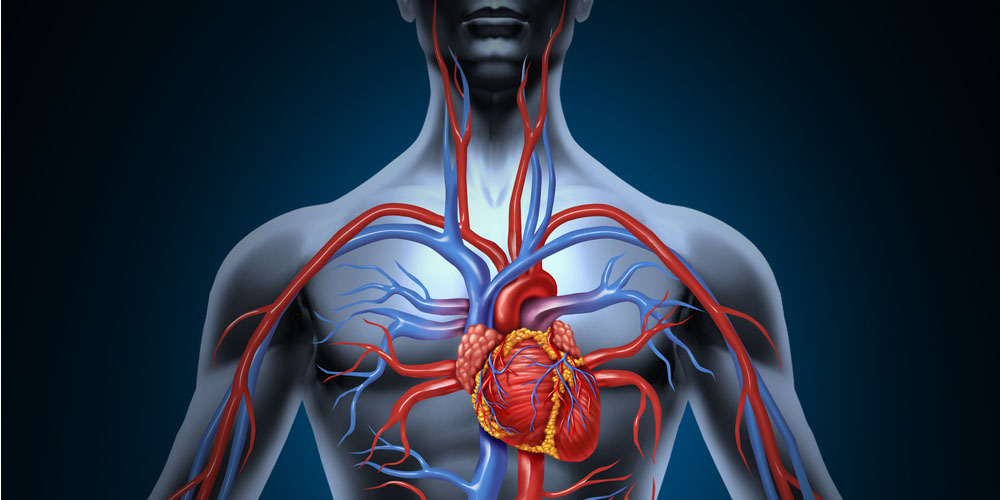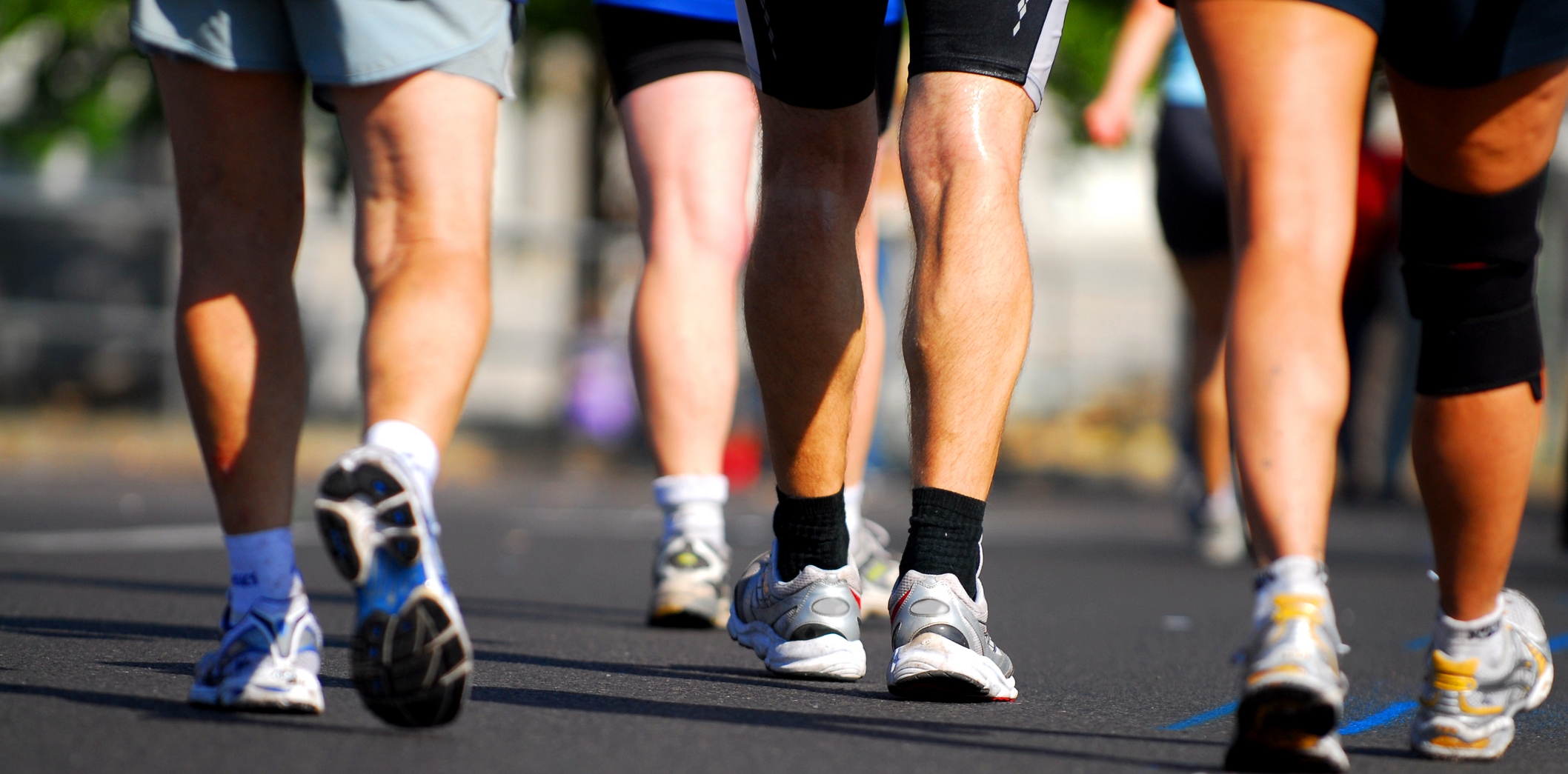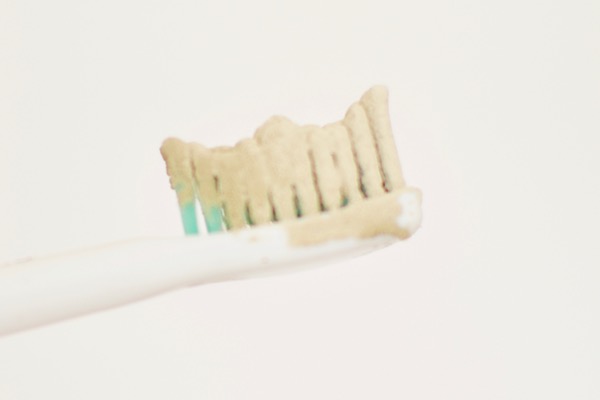Here are the signs your blood isn’t flowing properly…
There are a lot of things that can cause poor circulation: obesity, diabetes, heart disease, high blood pressure, high cholesterol, kidney disease, and the list goes on. The problem is that every part of your body relies on the fresh nutrients and oxygen transported via your bloodstream. If you’re having circulation problems, your body is going to let you know about it. Here are some of the poor circulation symptoms you need to be aware of:
- Brain problems – Your brain cannot function without oxygen. A lack of oxygen caused by reduced circulation can lead to a wide range of problems, including headaches, fatigue, dizziness, memory loss, a reduction in concentration, and even a sort of “brain fog”. Poor circulation can have very negative effects on your brain!
- Organ problems – Both your liver and kidneys require healthy circulation in order to function properly. Your liver is responsible for infusing your blood with the glucose required to produce energy, and your kidneys purge your blood of any toxins. If the lack of circulation affects your liver, you may find yourself dealing with poor circulation symptoms like skin tone changes, lack of appetite, or even unexplained weight loss. If the poor circulation affects your kidneys, you may experience fatigue, swelling (edema) in your limbs, altered heart rate, and even an increase in your blood pressure.
- Heart problems – The heart isn’t always the reason for your poor circulation. If you’ve got high cholesterol or high blood pressure, your poor heart is no doubt working overtime to try to force blood to your body. Poor circulation can reduce cardiac function, cause high blood pressure, arterial narrowing, chest pain, and breathlessness. In some cases, the problem can be bad enough that you are at risk of having a heart attack or stroke.

READ MORE: 11 Ways to Increase Scalp Circulation
- Limb problems – The torso is where all of your important organs are, so it’s the part of your body that receives the most blood flow. The brain is also equally important, so massive blood vessels connect the heart to the brain. But the arms, hands, legs, and feet aren’t “as important”, so they received less blood flow. Poor circulation can cause limb cramps, varicose veins, numbness, and tingling in your hands and feet.
- Skin problems – Your skin is sort of a thermometer that tells you what’s going on in your body. If there are problems inside, your skin will often show you the problem. In the case of poor circulation, skin changes are a very common side effect. The reduced blood flow means your skin isn’t getting enough nutrients and oxygen, so it’s unable to repair damaged cells and keep the harmful bacteria from spreading. Many people with poor circulation notice changes in their skin, itching on their hands, legs, or feet; breakdowns of their skin, and slow healing.
- Other problems – Poor circulation can have a wide variety of effects on your body, including hair loss, vertigo, edema, ulcers on the feet and legs, dandruff, muscle cramps, poor discernment of pain and/or temperature, shortness of breath, and the list goes on.
As you can see, poor circulation is no joke. It’s a very serious problem that can affect a wide range of people in a variety of ways. What you may perceive as some minor symptom that’s “nothing serious” might actually be your body’s way of telling you there’s something wrong inside. If you’re experiencing any of these poor circulation symptoms, it’s a good idea to visit your doctor and find out what’s causing the issues.








